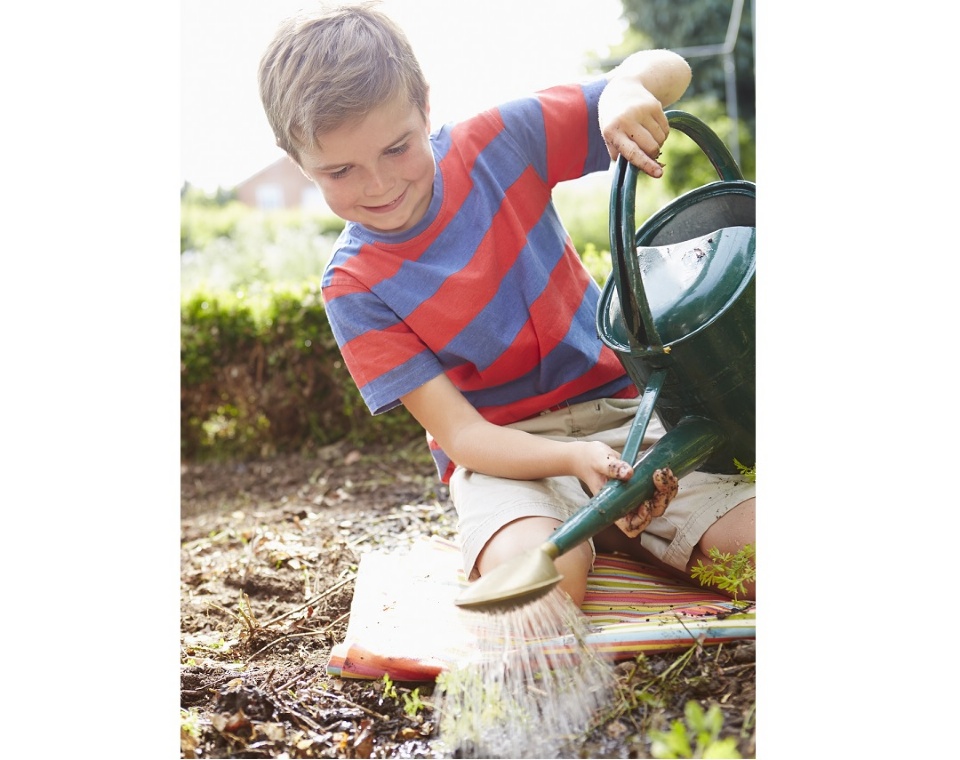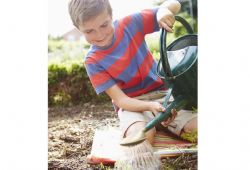What
is sustainable living? Sustainable living is a lifestyle that focuses on using
more “green” choices in order to reduce carbon footprints. This lifestyle is
based on carefully selecting products or services that foster environmentally
friendly resources. This means using less products that harm the environment
and reuse what we can to reduce waste.
How
can you make a difference? Here are three ways to ease into sustainable living
for busy families. Every little step in this direction will help create a wave
of intentional living to better the planet.
Go
meatless at least once a week
There
are many great reasons to choose a vegetarian lifestyle. Not only is it beneficial
for being heart-healthy but it can reduce the use of natural resources.
Adopting a plant-based lifestyle is encouraging a positive attitude towards the
environment today and for the future. Vegetarian recipes do not have to be
complicated and can be an excellent quick weekday supper for busy families. For
example, swap out the meat for lentils in your classic Shepard’s Pie recipe.
Or, use chickpeas instead of chicken for a delicious twist on chicken à la
king. Spaghetti and meatballs can easily be substituted with baked black bean
balls. If you wish to reduce the use of canned goods, opt for dried legumes at
your local grocery store.
Learn
to garden
There
is nothing that beats fresh fruits and vegetables picked right from your own
backyard. Gardening is a wonderful tool to help get your family into
sustainable living. Grow tomatoes, lettuce, green beans and potatoes. All these
vegetables are easy to grow and can even thrive planted in buckets for
apartment dwellers. Fruit trees and bushes are perennials. They will grow back
every year to produce more fruit as the tree ages. A little gardening at the
beginning of the season will last all through the summer months into harvesting
time. Preserve your hard work by learning how to can those fruits and vegetables
to enjoy during the winter months.
Switch
to reusable products
Ditch
using disposable products like paper towels and napkins. Opt for washable
cloths to pick up spilled messes or to wash and dry the dishes. In the long
run, you will end up saving money by not having to purchase these items.
Another big source of disposable products are diapers. Some cities have
implemented programs to help with the initial cost of cloth diapers. Several
cloth diaper companies will rent diapers with a delivery service to wash and
dry on a weekly basis.
Sustainable
living is possible for every family. Starting small will help your family
adjust to the changes but will still have a major impact on the environment. Think
outside the box in terms of how your family can be “greener” at home, work and
school. When in doubt, remember to reduce, reuse, recycle and repurpose.

 In The Latest Issue:Latest Issue:
In The Latest Issue:Latest Issue:
- A Bittersweet Farewell
- The new Laval Aquatic Co...
- The End of an Era:
Articles
Calendar
Virtual- ANNUAL TEACHER APPRECIATION CONTEST
- APPUI LAVAL
- ARTS & CULTURE
- CAMPS
- CAR GUIDE
- CCIL
- CENTENNIAL ACADEMY
- CHARITY FUNDRAISING
- CITYTV
- COSMODÔME
- COMMUNITY CONNECTIONS
- COVER STORY
- DINA DIMITRATOS
- ÉCOLE SUPÉRIEURE DE BALLET DU QUÉBEC
- EDITORIALS
- ÉDUCALOI
- EDUCATION
- EMPLOYMENT & ENTREPRENEURSHIP
- FÊTE DE LA FAMILLE
- FÊTE DU QUARTIER SAINT-BRUNO
- FAMILIES
- FESTIVAL LAVAL LAUGHS
- FÊTE DE QUARTIER VAL-DES-BRISES
- FINANCES
- GLI CUMBARE
- GROUPE RENO-EXPERT
- HEALTH & WELL-BEING
- 30 MINUTE HIT
- ANXIETY
- CHILDREN`S HEALTH & WELLNESS
- CLOSE AID
- DENTAL WELLNESS
- EXTREME EVOLUTION SPORTS CENTRE
- FONDATION CITÉ DE LA SANTÉ
- GENERAL
- HEARING HEALTH
- MESSAGES FROM THE HEALTH AGENCY OF CANADA
- MENTAL HEALTH
- SEXUALITY
- SOCIAL INTEGRATION
- SPECIAL NEEDS
- TEENS
- THE NUTRITION CORNER
- THE NUTRITION CORNER - RECIPES
- VACATION DESTINATION
- WOMEN'S FITNESS
- WOMEN'S HEALTH
- HILTON MONTREAL/LAVAL
- HOME & GARDEN
- INTERNATIONAL WOMEN'S DAY
- JAGUAR LAVAL
- LAVAL À VÉLO
- LAVAL FAMILIES TV SHOW
- LAVAL FAMILIES MAGAZINE CARES
- LAVAL URBAN IN NATURE
- LE PARCOURS DES HÉROS
- LES PETITS GOURMETS DANS MA COUR
- LEON'S FURNITURE
- LEONARDO DA VINCI CENTRE
- LFM PREMIERES
- LIFE BALANCE
- M.P. PROFILE
- MISS EDGAR'S AND MISS CRAMP'S SCHOOL
- MISSING CHILDREN'S NETWORK
- NETFOLIE
- NORTH STAR ACADEMY LAVAL
- OUTFRONT MEDIA
- PASSION SOCCER
- PARC DE LA RIVIÈRE-DES-MILLE-ÎLES
- PÂTISSERIE ST-MARTIN
- PIZZERIA LÌOLÀ
- PLACE BELL
- PORTRAITS OF YOUR MNA'S
- ROCKET DE LAVAL
- SACRED HEART SCHOOL
- SCOTIA BANK
- SHERATON LAVAL HOTEL
- SOCIÉTÉ ALZHEIMER LAVAL
- STATION 55
- STL
- SUBARU DE LAVAL
- TECHNOLOGY
- TEDXLAVAL
- TODAY`S LAURENTIANS AND LANAUDIÈRE
- TODAY`S LAVAL
- WARNER MUSIC
- THIS ISSUE
- MOST RECENT
Magazine
Ease Your Family into Sustainable Living
Articles ~e 105,7 Rythme FM 4 chemins Annual Teacher Appreciation Contest Appui Laval Arts & Culture Ballet Eddy Toussaint Camps THIS ISSUE MORE...
CONTESTS Enter our contests
CONTESTS Enter our contests
CALENDAR
Events & Activities
COMMUNITY Posts Events
PUBLICATIONS Our Magazine Family Resource Directory
LFM BUSINESS NETWORK Learn more
COUPONS Click to save!
COMMUNITY Posts Events
PUBLICATIONS Our Magazine Family Resource Directory
LFM BUSINESS NETWORK Learn more
COUPONS Click to save!
SUBSCRIPTIONS
Subscribe to the magazine
Un-Subscribe
E-NEWSLETTER Subscribe to our E-newsletter Un-Subscribe
WRITE FOR US Guidelines & Submissions
POLLS Vote today!
E-NEWSLETTER Subscribe to our E-newsletter Un-Subscribe
WRITE FOR US Guidelines & Submissions
POLLS Vote today!
ADVERTISERS
How to & Media guide
Pay your LFM invoice
SUGGESTIONS Reader's Survey Suggest a Listing
LFM About Us Our Mission Giving Back Contact Us
SUGGESTIONS Reader's Survey Suggest a Listing
LFM About Us Our Mission Giving Back Contact Us
 PICK-UP LOCATIONS
Get a copy of LFM!
PICK-UP LOCATIONS
Get a copy of LFM!
TERMS & CONDITIONS Privacy | Terms
ISSN (ONLINE) 2291-1677
ISSN (PRINT) 2291-1677
Website by ZENxDESIGN



 BY:
BY: 
Tweet
Share